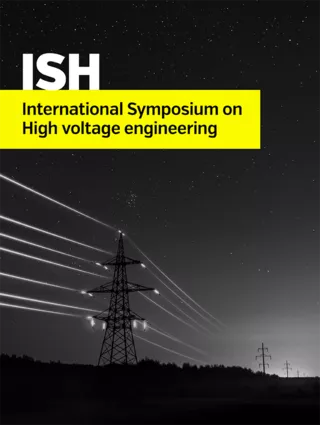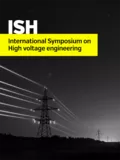Summary
One of the most significant current discussions in electrical engineering is the definition of the reactive power (RP) under nonsinusoidal conditions in nonlinear electric systems. New definitions of RP have been discussed in the last years. Although the mechanism of electric energy flow for nonsinusoidal conditions is well described today, so fare is not yet available a generalized power theory, and theoretical calculations for the design of such devices as active filters or dynamic compensators. Therefore the task of designing compensators for optimize energy transmission with nonlinear time-varying loads in nonsinusoidal regimes is, far from clear. Voltage and current harmonics produced by nonlinear loads increase power losses in transmission systems and, therefore, have a negative impact on effectivity of distribution systems and components. While some harmonics are caused by system nonlinearities such as transformer saturation, most harmonics are produced by power electronic loads such as adjustable-speed drives and diode bridge rectifiers. In this paper the reactive power compensation for sinusoidal and nonsinusoidal situations, where voltages and currents contain harmonics are studied and simulated. The results can be used for control algorithms of automatic compensators. The main aim of this article is based on the dissipative systems theory and therefore theory of cyclodissipativity which can be used for calculation of compensation elements (capacitors, inductors) for RP compensation. It will show that approach base on dissipative systems theory provides a rigorous mathematical framework for analyzing and designing of compensators.
Additional informations
| Publication type | ISH Collection |
|---|---|
| Reference | ISH2015_199 |
| Publication year | |
| Publisher | ISH |
| File size | 361 KB |
| Price for non member | Free |
| Price for member | Free |
Authors
Chen CH, Kai Wu, Yang Tu



